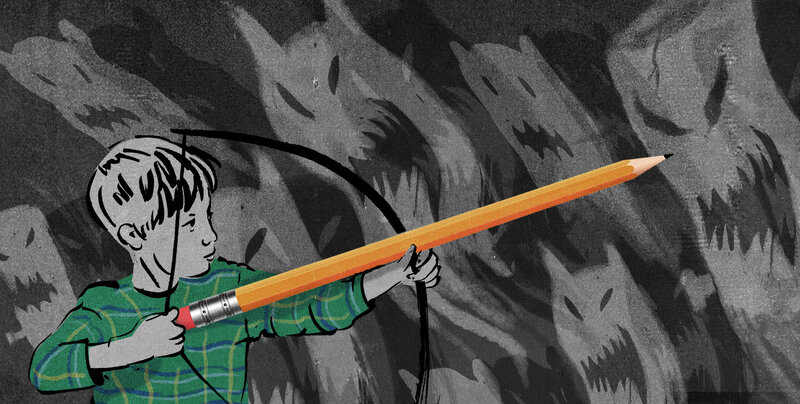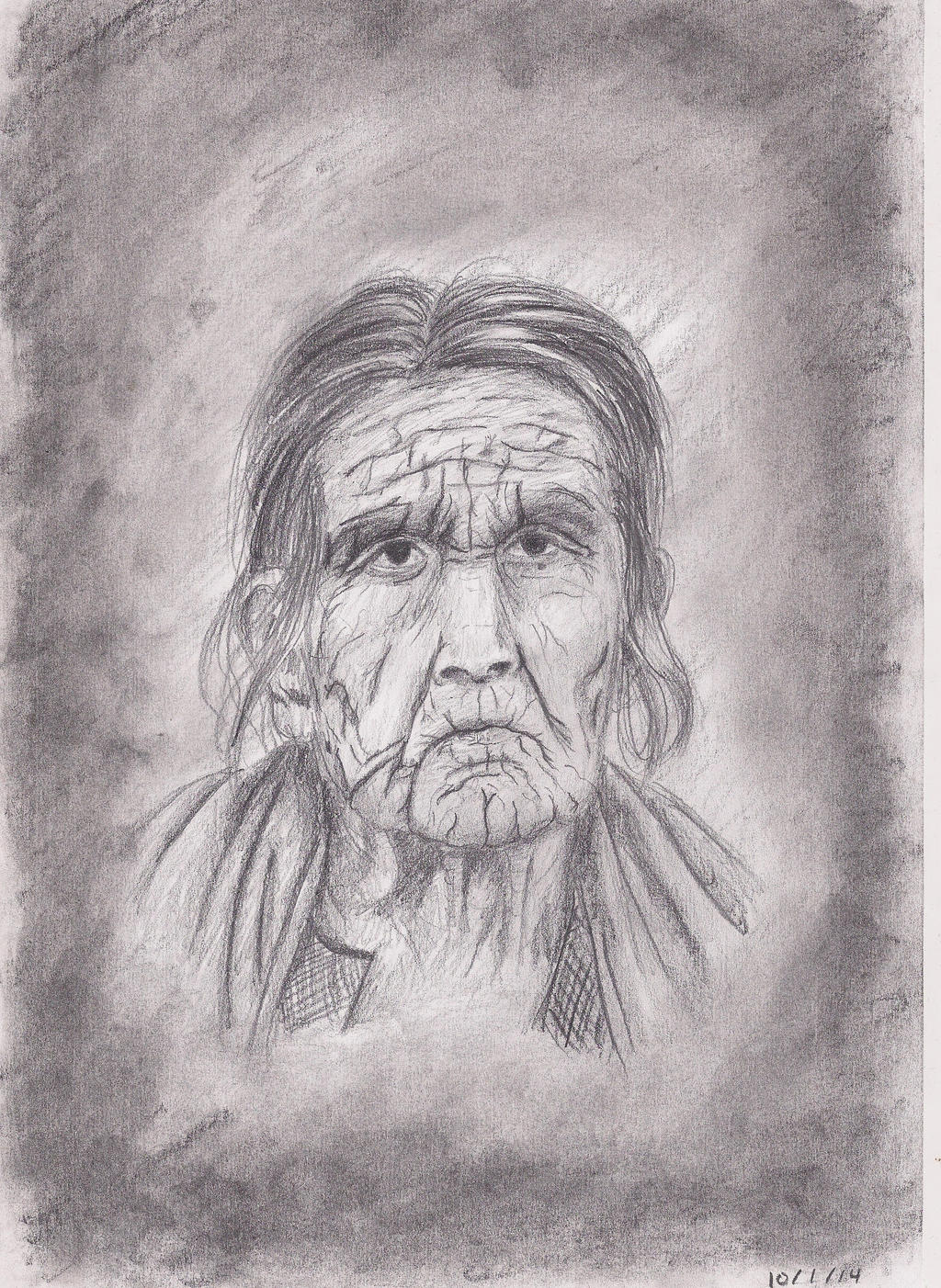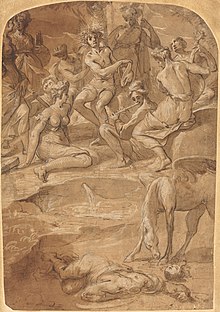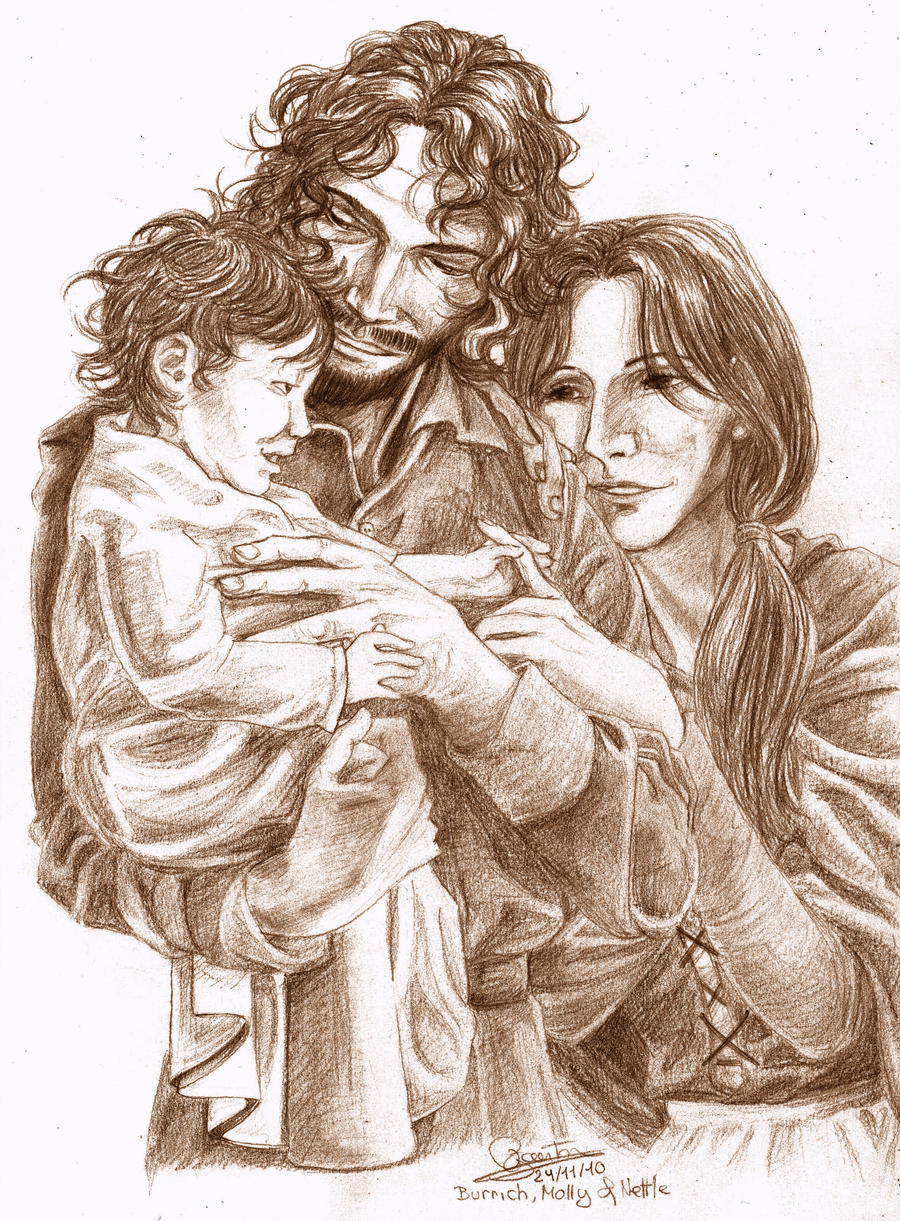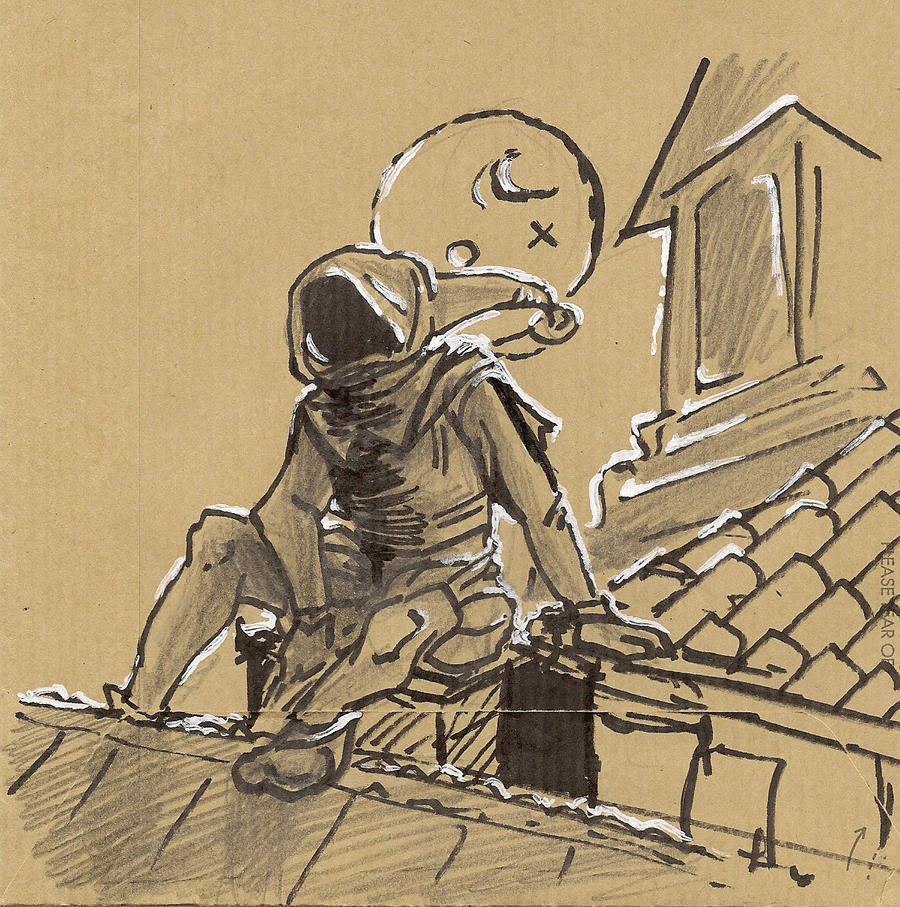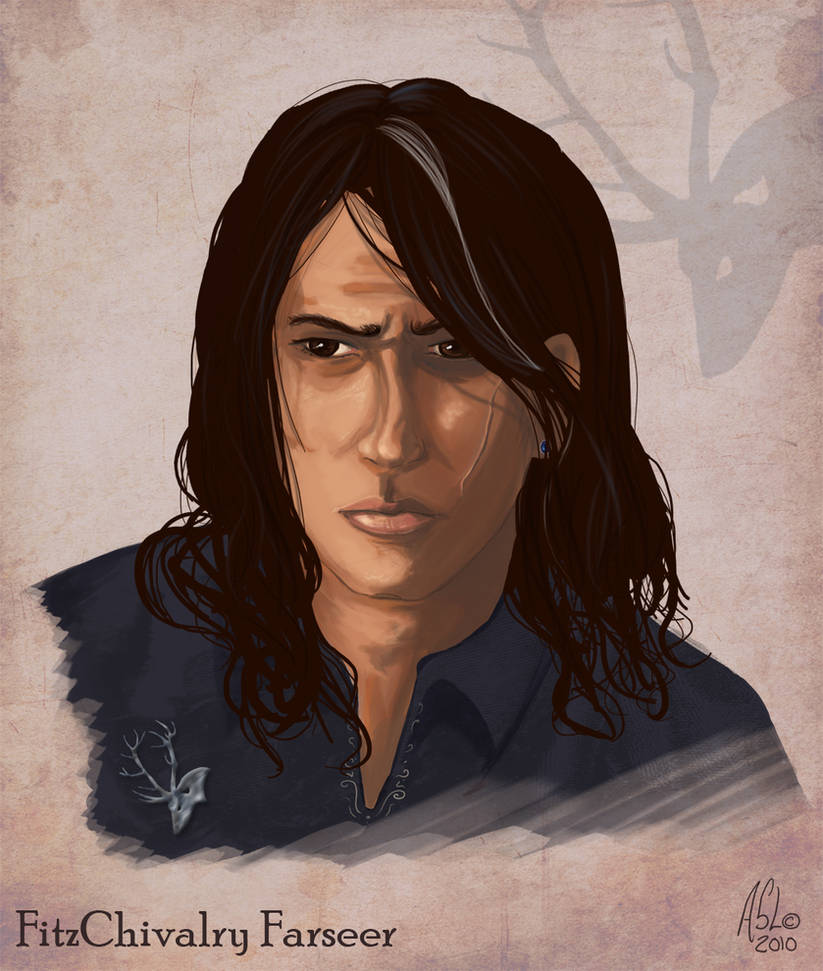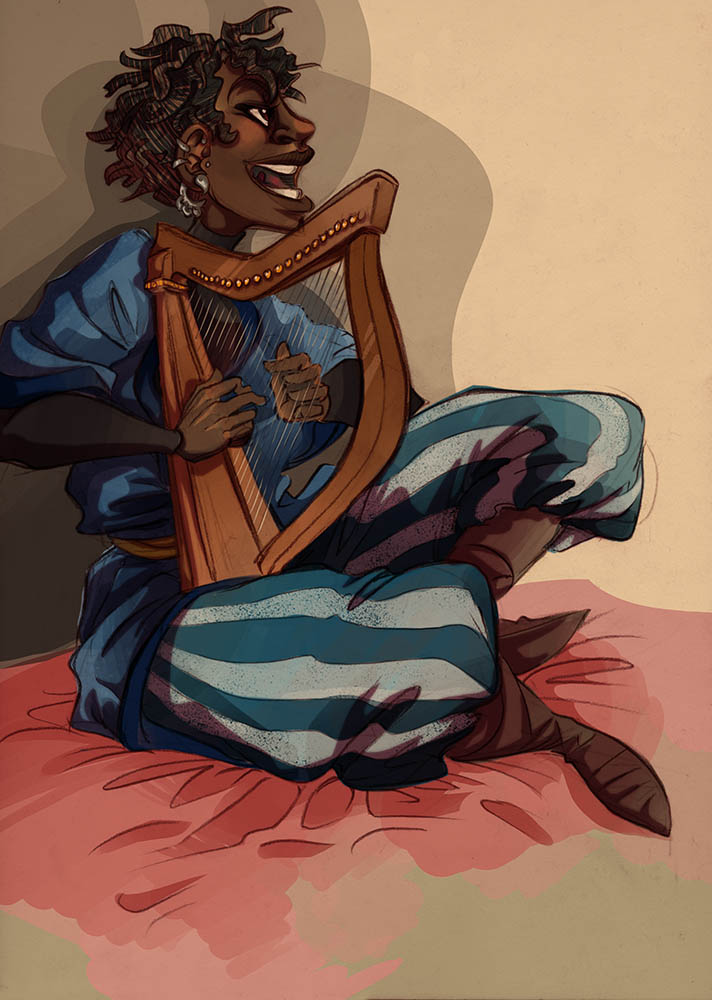Read the previous entry in the series here.
Read the next entry in the series here.
The following chapter, “River Crossing,” opens with a brief note about the mounting resistance of the Six Duchies’ people to the Red Ship Raiders. It moves thence to preparations for the smuggling party to move on. Fitz indulges himself in elfbark, earning rebuke from Kettle.

Image from Shutterstock, here, used for commentary.
Later that day, Nighteyes ranges ahead of the party, to the annoyance of the smugglers. The group comes to a hidden barge, and they begin to cross the river–with some struggles. Weather and debris in the river make the crossing more difficult. Fitz and Nighteyes are attacked as they try to cross, and Nighteyes is swept into the water; Fitz is not, but he is subdued, along with the smuggler and most of the party. They have, evidently, been double-crossed by local soldiers who purpose to deliver him to Regal’s forces. Fitz reasons through how he has been betrayed and offers such mental support as he can to Nighteyes as the wolf labors out of the flooded river and finds some small shelter.
When Fitz is delivered to the soldiers’ local quarters, he is recognized by one of the Skilled Ones from his earlier training: Burl. After expressing some small curiosity about Fitz’s survival, he takes an inept report from the soldiers, rebukes them, and dismisses them. He then turns his attention to Fitz, noting to him that his erstwhile companions will suffer if he gets unruly. To prove his point, he has Starling brought in and two of her fingers broken in front of Fitz before securing the now-compliant Fitz for a trip to Moonseye.
Reading the chapter this time, I find myself sticking on the name of the character Burl. The Six Duchies tends towards emblematic names, as long since noted, and the word “burl” does refer to a misshapen growth of wood, so there is some sense to it; Burl is made misshapen by what Galen does to him during training, his loyalty to Regal an artificially imposed thing that cannot help but warp him. Burl wood, though, is often valuable as a material, one prized for its beauty; indeed, one of the things I have that I value most is the pen I use to write in my journals, one whose shaft is turned from maple burl. The physical description of Burl–a large man, formerly muscled but grown slack–and the depiction of him as ruthless and cruel (blithely ordering a flogging and the breaking of a musician’s fingers are hardly kindly words) do not conduce to that end. Perhaps the hardness of burl wood caused by the contortions of the wood grain are the resonances to be found, but that seems a bit odd a direction to go.
